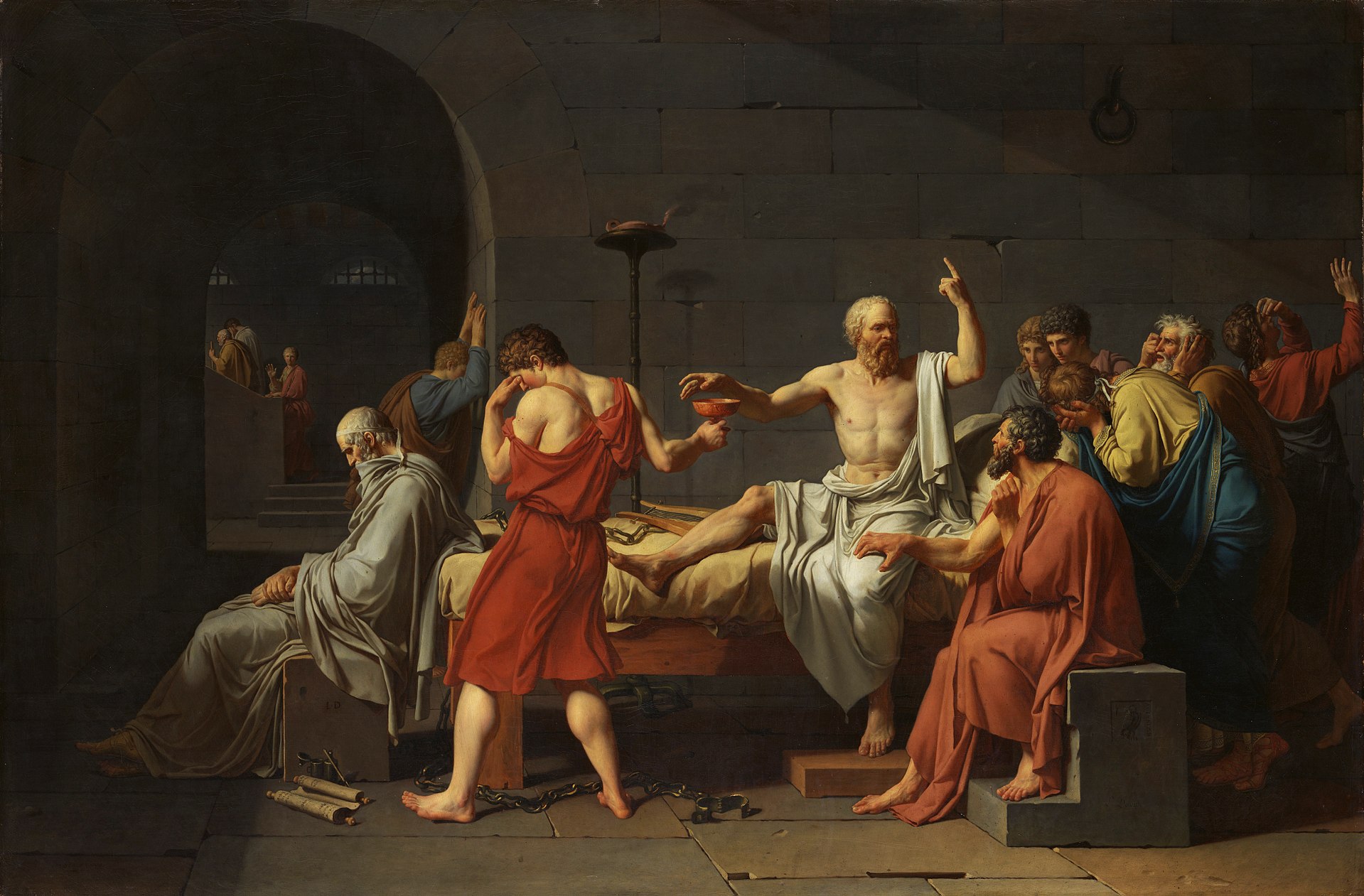
Plato’s Apology of Socrates is one of the most significant texts in Western philosophy. The work is a record of the trial and defense of Socrates, who was charged with impiety and corrupting the youth of Athens. In the Apology, Plato presents Socrates as a philosopher who is dedicated to the pursuit of wisdom and self-knowledge. Socrates argues that this pursuit is the most important thing a person can do and that it is better to suffer injustice than to participate in it.
One of the key ideas presented in the Apology is the concept of the “examined life.” Socrates argues that the pursuit of knowledge and self-knowledge is necessary for living a virtuous and fulfilling life. He claims that the unexamined life is not worth living, and that everyone should strive to gain knowledge about themselves and the world around them. This idea has had a profound impact on Western thought and culture, as it has been interpreted as a call to individualism and intellectual freedom.
Socrates’ method of questioning and dialogue, known as the Socratic method, is also featured in the Apology. The Socratic method is a way of teaching and learning through dialogue in which the teacher asks a series of questions to guide the student in discovering the truth for themselves. This method is still widely used in education today, particularly in law, philosophy and psychology.
In the Apology, Socrates also presents himself as a “gadfly” of Athens, whose role is to stimulate thought and question the status quo. He argues that the role of the philosopher is to speak the truth, even if it is uncomfortable or unpopular, and to challenge the opinions of the masses. This idea of the philosopher as a critic of society has had a significant influence on Western thought and culture, particularly in the development of political philosophy.
The Apology is also widely considered as the first text of Western political philosophy. The idea of the Socratic “know thyself” as the foundation of wisdom and integrity is widely believed to be the main precursor of Ciceronian and Christian humanism, which later led to the Renaissance humanism, and the enlightenment which are considered pillars of the Western civilization.
Furthermore, Socrates’ willingness to die for his beliefs has also been an enduring influence on Western culture. Socrates’ execution, as portrayed in the Apology, is often seen as a symbol of the struggle between individual freedom and the demands of society. This idea has been taken up by many later thinkers and activists, who have invoked Socrates as a symbol of resistance to tyranny and oppression. The sacrifice of Socrates for his beliefs and philosophy has been seen as a model for many intellectuals and resistance leaders for many centuries.
Plato’s writing style in the Apology is also noteworthy. The work is written in the form of a speech, which gives it a sense of immediacy and drama. Plato’s use of irony and rhetorical devices adds depth and complexity to the work, and it also makes it a very interesting read. This also makes the Apology is an excellent example of ancient Greek rhetoric, which is still studied and admired today.
In conclusion, Plato’s Apology of Socrates has had a significant influence on the history and development of the West. The concept of the examined life and the Socratic method continue to be widely studied and used in education and the idea of the philosopher as a critic of society has been a key component in the development of Western political philosophy. The sacrifice of Socrates for his beliefs and philosophy has also been an enduring symbol of resistance to oppression and tyranny. Furthermore, the Apology is also considered a masterpiece of writing, which solidifies Plato’s position as one of the most respected figures in Western philosophy and one of the greatest writers in history.

